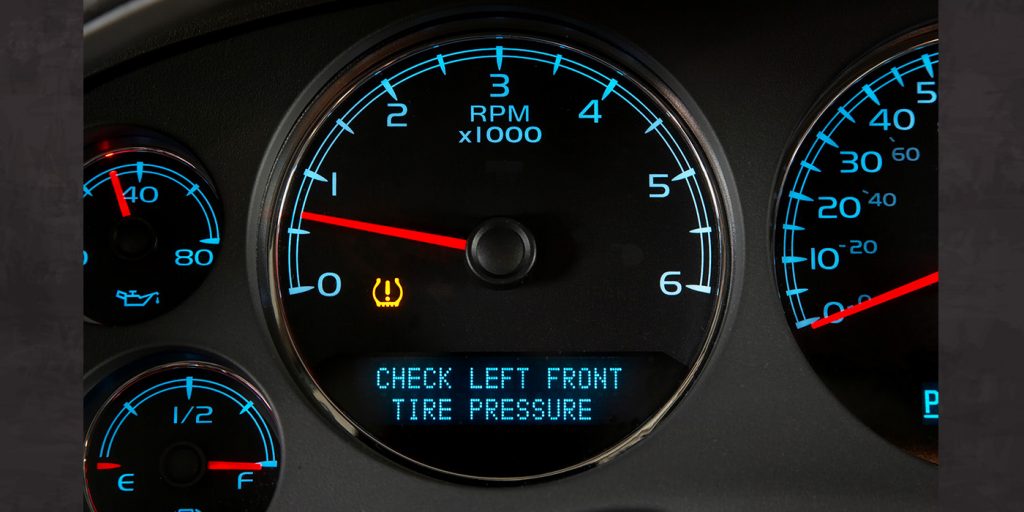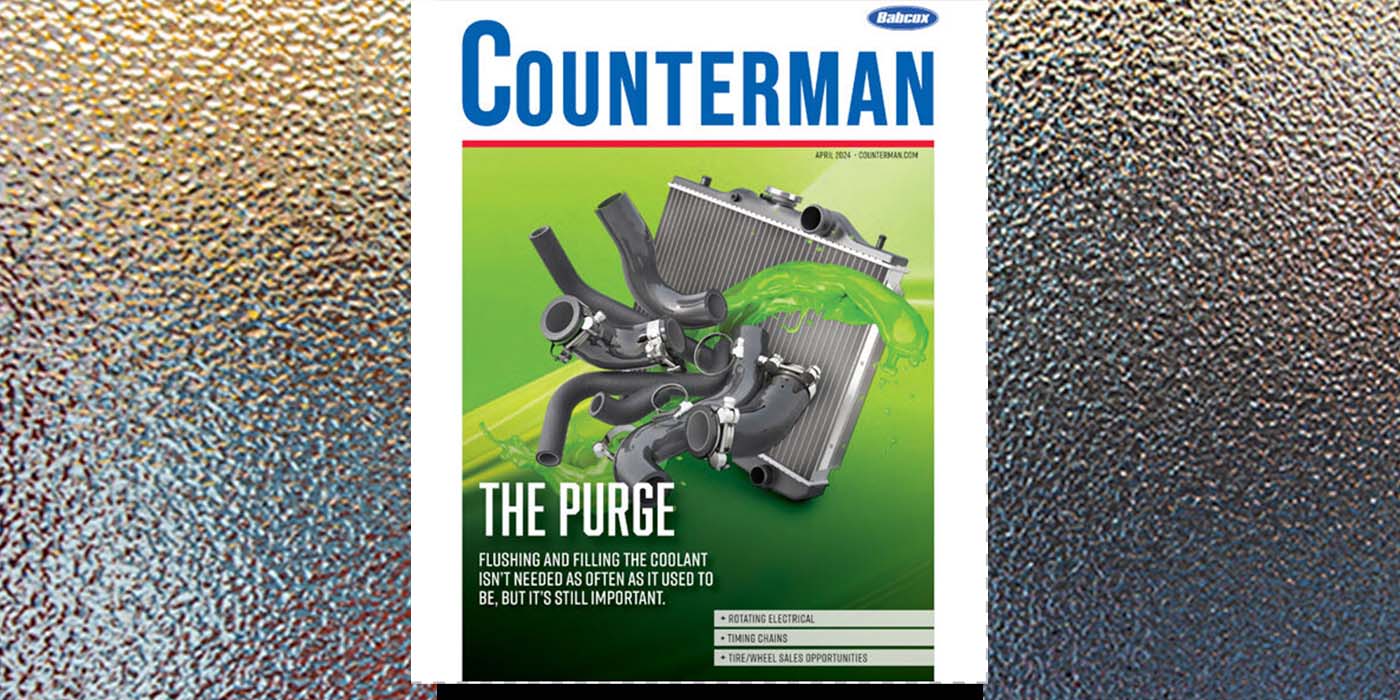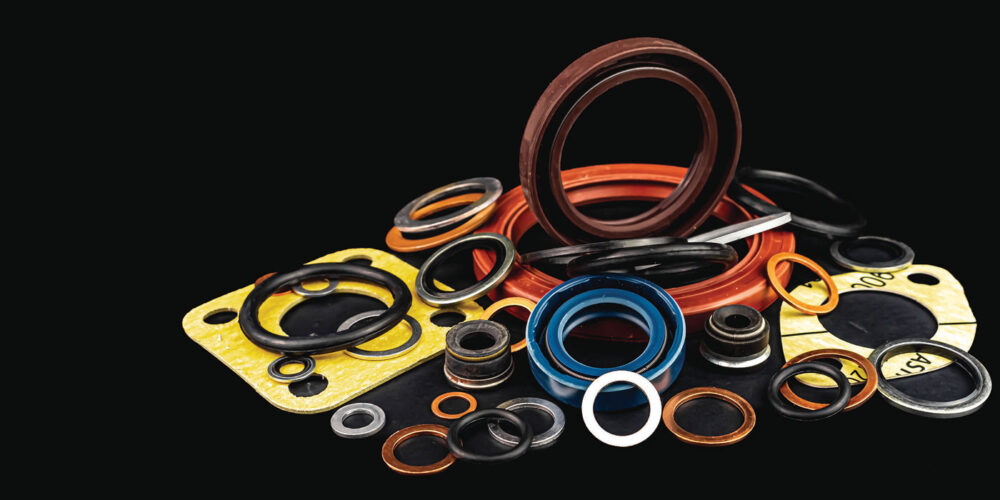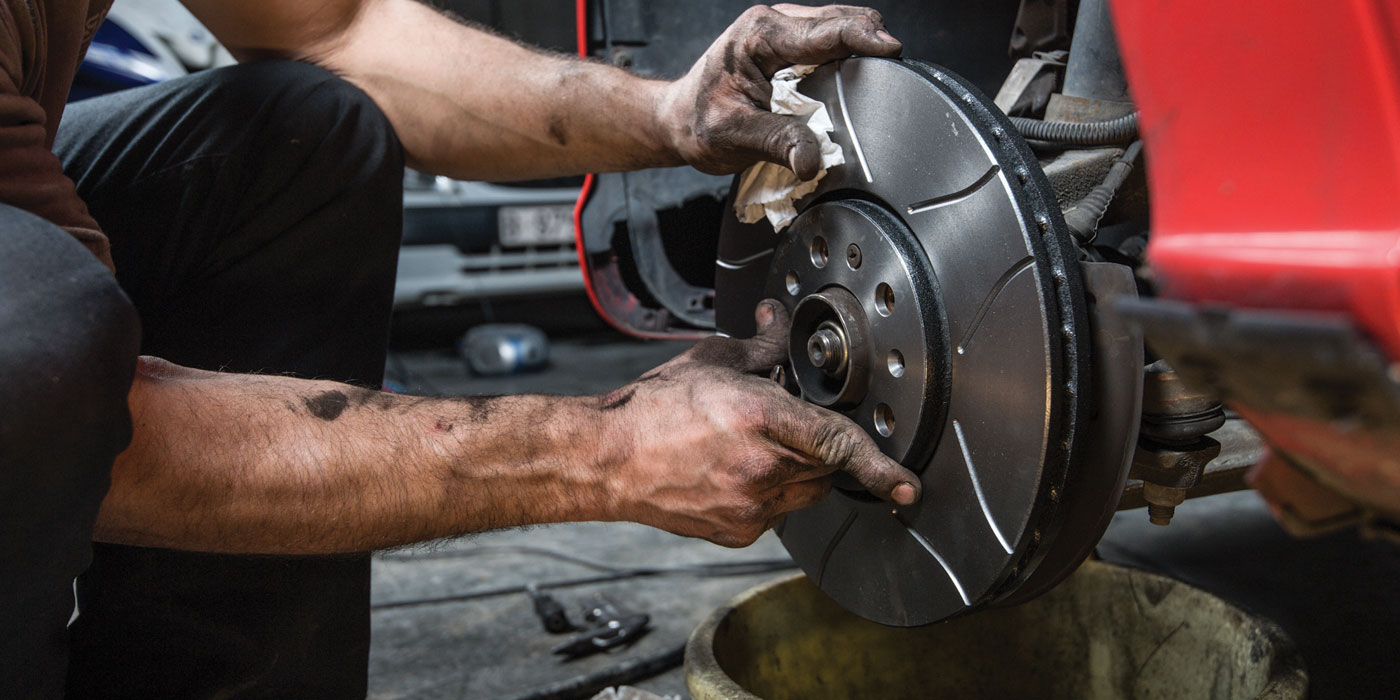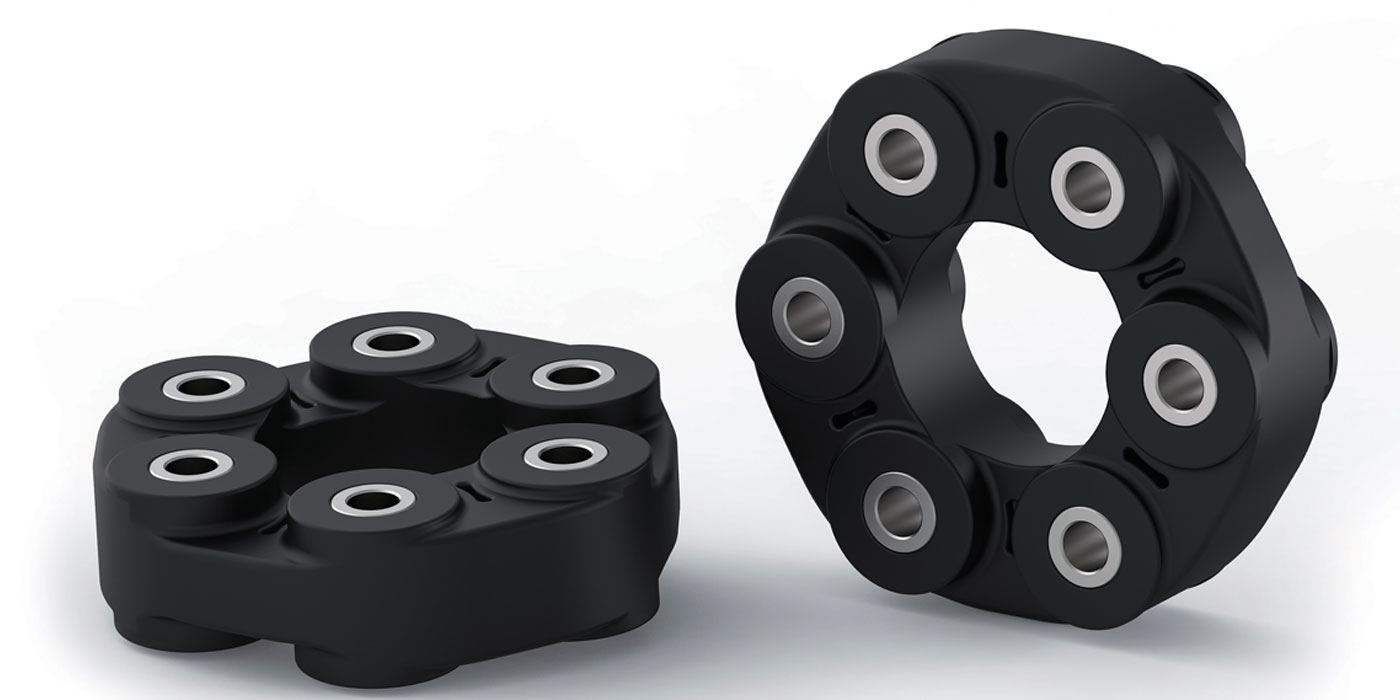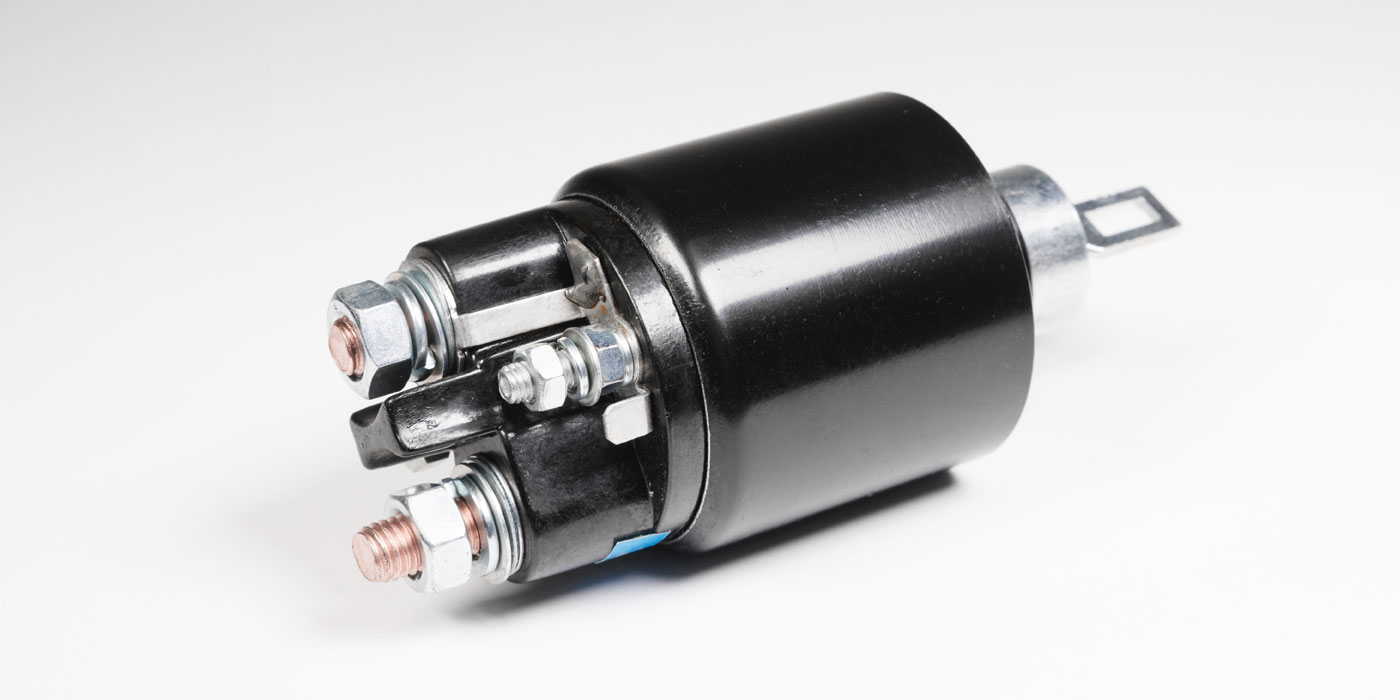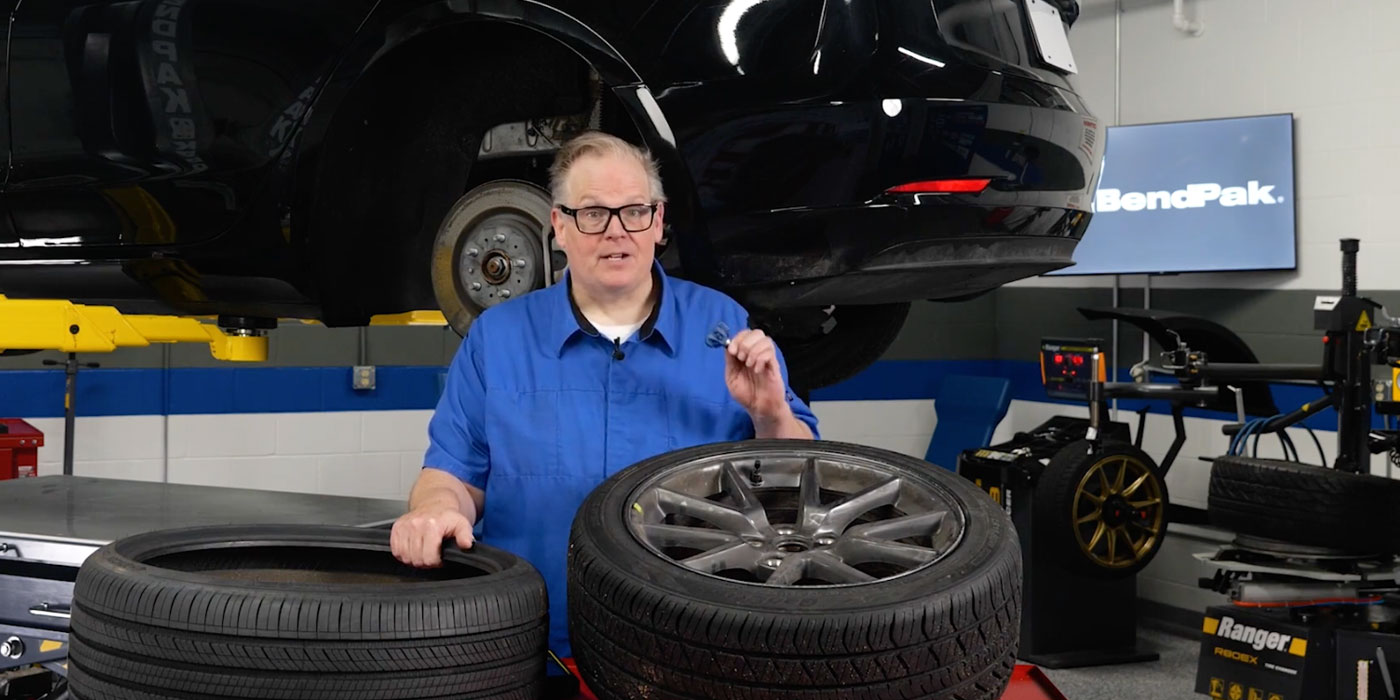Tires lose air pressure over time. Even new tires lose up to 10% of their pressure in a year. Punctures and corrosion from aluminum wheels and bad valve stems all contribute to tires running at underinflated pressures. Recognizing the danger of driving on underinflated tires, the U.S. Congress passed the TREAD Act in 2000, mandating tire-pressure monitoring systems (TPMS) in all passenger cars and light trucks sold as of Sept. 1, 2007.
TPMS sensors are physical-pressure transducers that are part of the valve stem mounted inside the tire, or in some cases, strapped inside the wheel. Tiny radio antennas fixed inside the units send unique IDs and tire-pressure data to the powertrain control module (PCM). A specialized scan tool is required to check the sensor and read the ID code and then program it into the PCM.
The TPMS scan tool can turn off the warning light and find fault codes associated with the system, which can be triggered by battery failure, a broken sensor/valve, replacement of wheels and sensors for custom wheels, tire rotation or installation of winter tires.
Typically, direct TPMS sensors will last between five to 10 years. Some TPMS sensors only become activated when the tire is rotating to help conserve the battery life, but the more a vehicle is driven, the closer to the end of the battery (and transmitter) life it may be. After a set of tires has worn out, inspect the TPMS before installing a new set.
Damage to the sensor can occur to sealing components whenever a wheel is removed. Selling TPMS service kits is an excellent way to help customers maintain proper air pressure and keep the sensors in working order. Tires are regularly exposed to elements such as road salt in the winter that can cause galvanic corrosion around the stem. These symptoms can cause small air leaks. But some OE replacement sensors have the valve stem permanently attached to the sensor body and cannot be replaced.
If you’re selling replacement sensors, keep in mind a sensor must be reprogrammed for the specific vehicle before it can be installed in the tire. The sensor also needs to go through a relearn process – a step some techs miss.
Aftermarket sensors often require special programming to meet the vehicle’s specifications before installation and relearn. These may include TPMS sensors that are labeled “programmable,” “universal” or “cloneable.” A special TPMS scan tool is required to check the sensor and read the ID code and then program it into the PCM. The scan tool will find fault codes associated with the system and will shut off the warning light.
Maintaining proper tire pressure is essential for safety and fuel economy, and it also helps the tires wear in an even pattern so they’ll last longer. Keeping a supply of TPMS service parts and replacement sensors on hand will give your customers peace of mind knowing that they’ll be alerted to any tire issue before there’s a catastrophic failure, which is why they’re mandatory.

